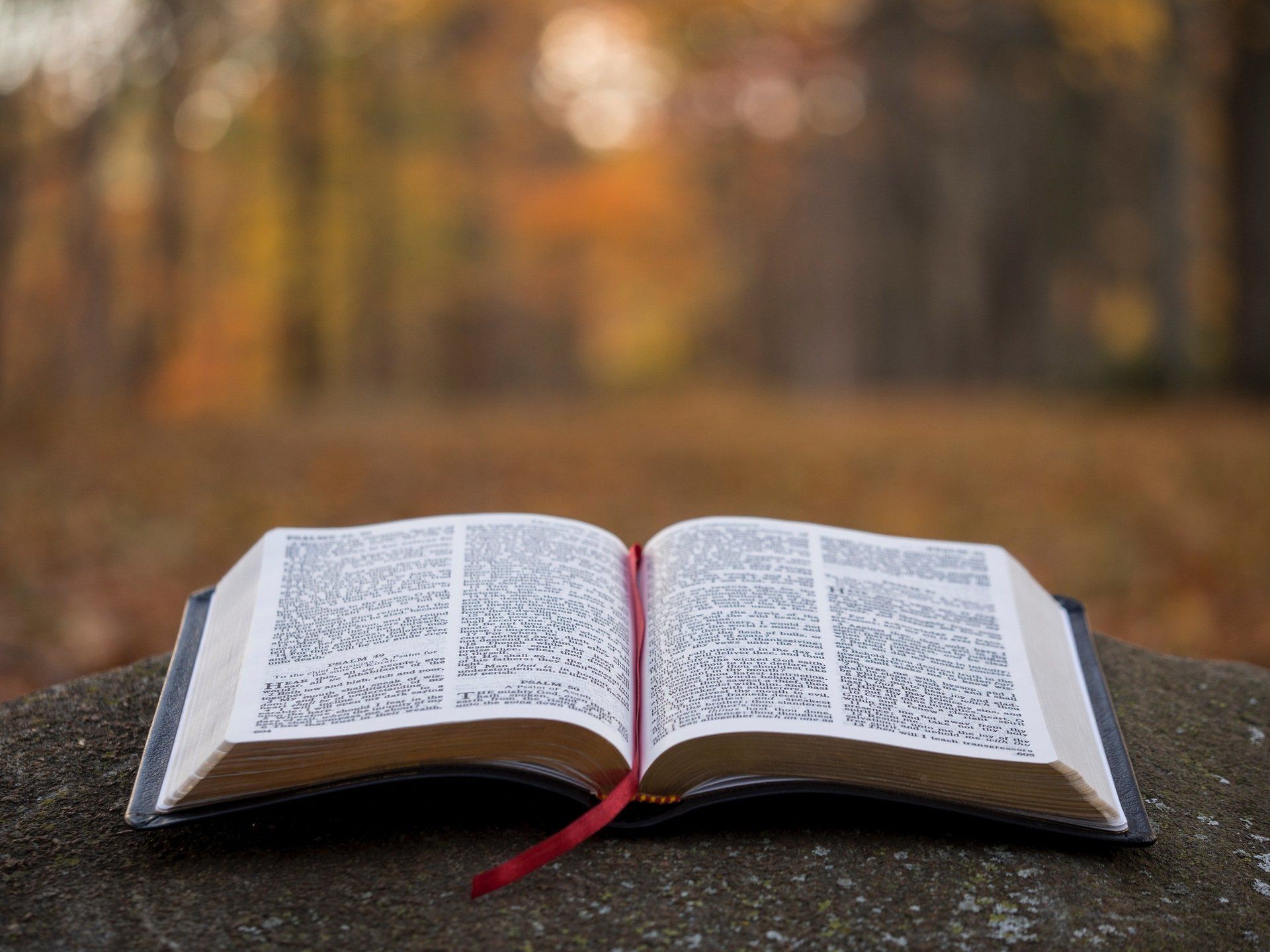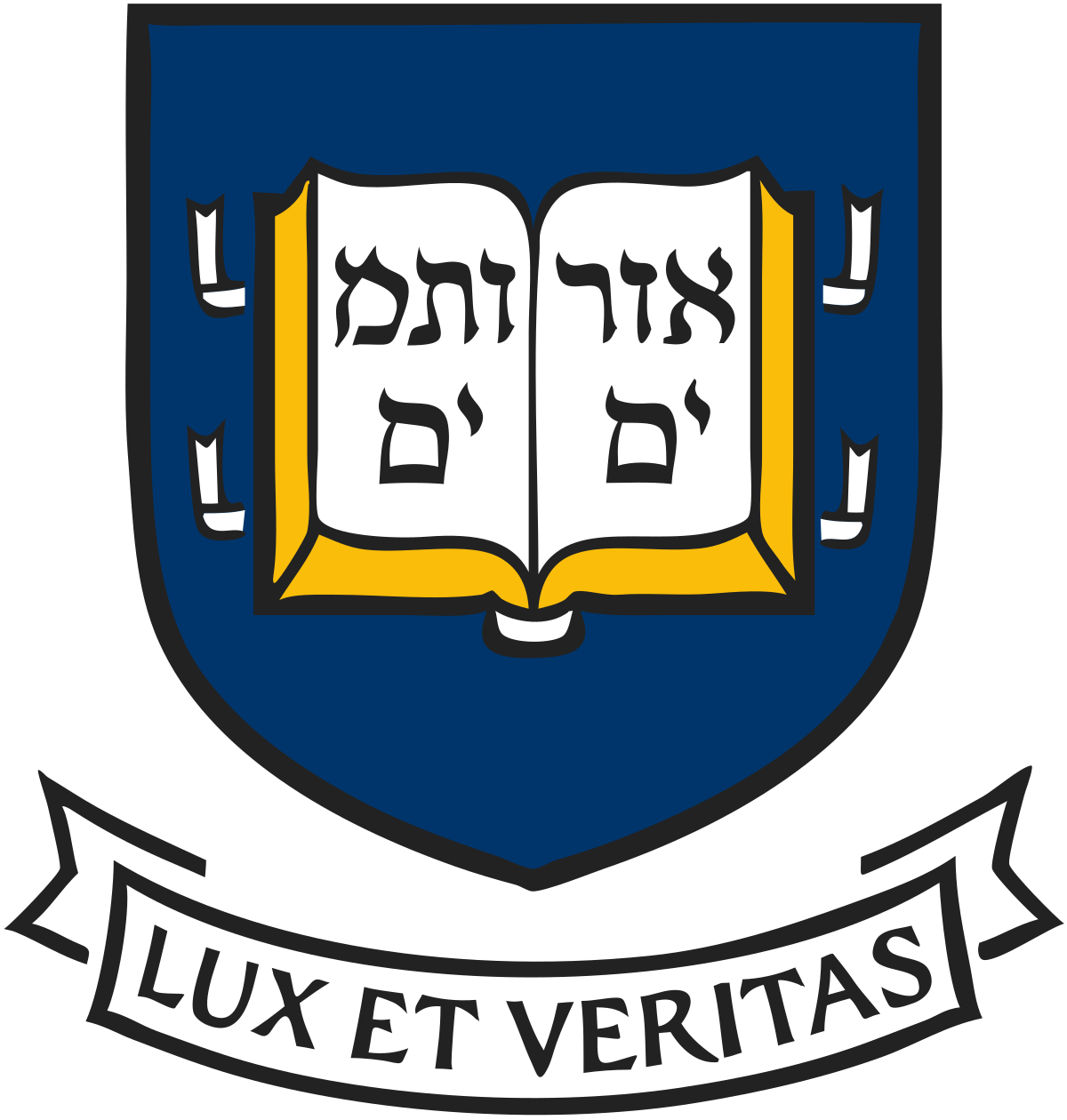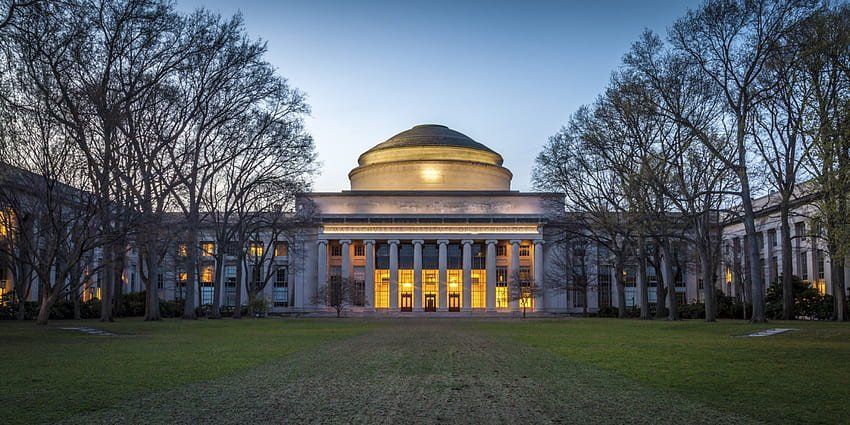Stanford Case Study
Stanford Case Study - 7/30/24
INTRO
In 2022, Endurable Education helped 5 students earn admission to Stanford. Today, I’ll walk you through the case of one of these students so maybe we can all learn something from her success story! Even more incredibly, No one from her high school was admitted to the Ivy League after 2019. Let’s take a look at how she broke her school’s losing streak by punching her ticket to Stanford!
First, lets look at the basics to see the groundwork to her admission to Stanford and Duke!
STUDENT SUMMARY
High school: St. Michaels University School
Standardized scores: SAT1550+, TOEFL 115+, 4 AP courses
Main activities: SHI Stanford Humanities Camp, non-profit organization founder, brain trauma community service, self-published coloring book, on-campus visual arts journal, speech club, Model United Nations, philosophy club, NGO internship, etc.
Honorary Awards: Zonta International Young Women in Public Affairs Award, Scholastics Arts & Writing Award, etc.
Admitted schools: Stanford University, Duke University, Pomona College, UCLA, UC Berkeley, etc.
While these are incredible accomplishments, we’ll dig deeper into what actually made her an amazing student and candidate.
Susan Shifflett, Former Associate Director of Undergraduate Admissions at Yale University, wrote that two years ago, at the beginning of our collaboration, this student demonstrated a high degree of self-motivation, as well as her interest in art history and her concern for the disabled community. But at that time, her extracurricular activities still needed more efforts for a top ten university, so how to produce more fruitful and influential activities based on her interests became one of the focuses of our planning season.
During the application season, Endurable focused on building a narrative of her three years of high school experience to demonstrate her unique fit with Stanford University .
The role of a consultant is like a sports coach, who can provide guidance and training to athletes, but ultimately the coach cannot replace the athletes in practicing and participating in competitions. In this long-distance race to apply for college, this student persevered through the highs and lows, moved forward, and finally won.
1) She's among the hardest-working students we’ve seen, juggling heavy Grade 12 academic pressure with several hours weekly spent refining her essays. She's dedicated to showcasing her true self through her writing.
2) With strong execution skills, she implemented our suggestions effectively. Discovering her passion for storytelling and the lack of representation for disabled individuals, she created Canada's first student-led NGO, amplifying the voices of brain trauma survivors. Her initiative drew adult volunteers, proving its success.
3) Embrace uncertainty to uncover hidden treasures. Success isn't guaranteed, especially for top school applications. This student, with realistic expectations, collaborated with us, founded an NGO, and secured an internship with an international non-profit through perseverance.
4) Her documents demonstrate a strong fit for Stanford, emphasizing the mutual benefit between student and university. By highlighting her experience with the disability community and Stanford's initiatives, she crafted compelling essays. Despite an early application deferral, we collaborated on a Letter of Continued Interest to enhance her admission chances.
5) Strong level of communication between her and her parents!
STUDENT REFLECTION
We got to ask the student herself some questions as well!
“Since ninth grade, I have been looking forward to Stanford and have always regarded it as my dream school. From the ninth grade when I went to the Model United Nations conference to tell my teacher "I will go to Stanford in the future", to the tenth grade the first school added to the school website selection list was Stanford, to the eleventh grade I talked about it with my school advisor every day. I did school research, and when I had dinner with my friends during the summer vacation, I said "See you on the farm next year!" It seems now that I did have too many unrealistic fantasies about Stanford at the time, but my dreams and obsessions really came true. I only feel grateful to myself and everyone. Always remember, there will be reverberations.
Now I feel quite calm, because I feel that Stanford is more like a new starting point for my future life. I also want to make good use of this platform to think about my relationship with the world and where my future lies. I plan to take SLE (Structured Liberal Education) in my first year, and then take some humanities and social science courses to learn everything I didn’t learn in high school.”
What are your main considerations when choosing a school?
In fact, I didn’t go completely by ranking. For example, I chose quite a few schools like Wesleyan in the school selection list because I really like the free atmosphere of these schools. I think you can first understand what kind of person you are before doing school research . For example, I have a relatively free personality and like to choose courses freely and independently, so I automatically excluded schools with Core like the University of Chicago and Columbia University. The school selection list is basically all schools with open or flexible curriculum. Furthermore, you can chat with your seniors , which I think is the most helpful thing. During the application season, I asked some seniors about their stories about various schools, and thanks to some care and time, I learned about interesting things about the schools. Watching many vlogs and school selection videos on Youtube is also a good channel.
If you are very sure which school you like, for example, I liked Stanford and Yale very much at the time, and I also read some of their school history. In fact, the Why Stanford essay was written based on some information I saw in the school history.
How did you gradually determine the direction of your interests?
When I was in ninth or tenth grade, I thought I wanted to study political science or mathematics, but after participating in several mathematics competitions, I discovered that I was not the material at all. In the ninth grade, I went to Georgetown University to attend a summer school on international relations, and after attending many Model United Nations events, I became disenchanted with political science. I found that I didn’t really like the strong political atmosphere in Washington. I preferred history and some subjects that focused on individuals, especially marginalized community groups. Later, in the eleventh grade, I was more certain that I wanted to study humanities and social sciences.
Throughout high school, there were two things that had a very profound impact on me determining my interests and development direction. First, I took the AP Art History class in eleventh grade. Our school actually lacks resources for humanities and social sciences, but after I took AP Art History in the eleventh grade, I felt like I had really found my intellectual spark. Sometimes when I look at those works of art, I not only think about how many years of baptism and changes of the times they have gone through before they remain today... It really brings tears to my eyes. I am also very grateful to my art history teacher. She gave me a lot of freedom to explore the fields that interest me. She is the best teacher I met in high school. She also wrote me a letter of recommendation.
Second, I have been a volunteer at the Brain Injury Service Center for three years in high school . Although it seems inconspicuous, it is a very important part of my life. Choosing to do this type of volunteer activity was also by chance. At first, it was because it was difficult to find a sense of belonging in Canada, and I grew up in a family and community for people with mental disabilities, so I wanted to find some groups that seemed "closer to my home", so I I want to volunteer at a local autism or Down syndrome children's center. After all, I know more about such communities in China. But since none of these places accept underage volunteers, I went to the Brain Trauma Service Center and became their only underage volunteer. I started as a volunteer for art projects, and later started to volunteer one-on-one. I was only thirteen years old at the time and was a child myself. I felt more like an accepted and healed person than a volunteer there . A lot of stories were heard, a lot of pure relationships were built, supporting and healing each other. I’m really grateful to everyone I met there.
What other meaningful activities do you have?
I founded our city's first and only student-led non-profit to tell the stories of Canada's brain trauma community, reaching an online audience of over 100,000 people. I first came up with this idea because I had been a volunteer at the Brain Injury Community Service Center mentioned earlier for three years, but was unable to go offline due to the epidemic. At the same time, my family has also been affected by the epidemic. At that time, I felt that no one was talking about the impact of the epidemic on people with disabilities.
Because I saw this information gap, I also wanted to continue to do something for this group. So under Susan's guidance, we did a series of related things in this direction, founded an online magazine, and did some extensions, including webinars and some volunteer activities, which can be considered to have a small impact in Canada. More importantly, through this organization, I have witnessed the resilience of life, the universality of love, and the power of stories to shock people's hearts. This is a platform where everyone can heal and empower each other by listening to and telling stories.
What was the most challenging thing about applying?
The most challenging thing is probably managing time . To be honest, I didn’t do a very good job. It all depends on reducing some sleep time. For example, during the Christmas vacation, I wanted to play with friends and write essays, so I ended up going out during the day and writing essays in the middle of the night, and slept two or three hours a day for several days in a row. But because I was very inspired to write the essay in the middle of the night, the final result was good. If given another chance, I would be better aware of my limitations and better able to divide my time equally, instead of just squeezing myself out of sleep.
However, my mother did a great job during the application season, not overbearing at all, and gave me a lot of my own space. I think this helps a lot because I really need my own free space to do good things. When I'm stressed, I have my own coping mechanisms, such as walking, lying down, and eating something delicious. In the first two years of high school, I had actually figured out my own way to relieve stress, so I didn’t have too much of an emotional breakdown during the application season.
What do you think can be done to get admitted to top schools?
I think the most important thing is to find that one thing that keeps you awake at night just thinking about it . There may be many such things, after all, there are too many things in this world that need to be changed. But there are always one or two things that you feel are closely related to you, and make you shed tears when you think about its current situation. Feel the pain & anger & struggles, and work towards finding a solution to resolve it.
Tell us about your experience working with the Endurable Education team!
Rather than a teacher-student relationship, I feel like Susan and Rachel and I are more like a team. After we started working together, Susan sorted out my existing activities, balanced priorities, and made choices. She quickly clarified the direction in which I should develop, and made the activities more in-depth and more influential , including developing from a volunteer to a Founding my NGO, contacting for internship opportunities, etc. In the early days of establishing an NGO, I would ask Susan for help when I had questions about recruitment, team management, cooperation, sponsorship, etc., and received very specific feedback and help. I feel that the advice Susan gave me was not limited to high school activities, but also gave me a lot of guidance on my future life and career development .
During the application season, we revised the document many times and had several versions, but each revision gave me a new understanding of the document . Especially in terms of highlighting my characteristics, Susan helped me keep exploring and presented them well through the paperwork. And Susan gave me very immediate feedback. She even helped me revise several essays during the Christmas holidays. After my early application to Stanford was rejected, Susan asked me not to relax, and we completed the supplementary materials for the school together.
It can be said that the support and help given to me by the Endurable team is meticulous . Susan will give detailed answers to every question I have. Rachel helps me control the progress of all tasks, fills in the application system, and communicates with my parents, etc. wait. In fact, I didn’t communicate much with my parents during the application season, and Rachel often passed the information on my behalf. I’m really grateful too.
Is there anything you want to say to your fellow students?
Go find something that makes you excited and has enough motivation to work hard for it! It doesn’t matter if you’re still on the journey of discovery. There is no need to apply for college and seek quick success. Life is long and you still have a lot of time :)
ENDURABLE COMMENTARY
From her narrative, it's evident that gaining admission to a top Ivy League school like Stanford involves more than just academic prowess—it requires a deep-seated passion, meticulous preparation, and a tailored approach to aligning personal values with institutional offerings. Her journey underscores the importance of early aspiration cultivation, thorough school research, and self-awareness in selecting universities that resonate with her personality and educational goals. Her engagement in extracurricular activities, such as Model United Nations and AP Art History, not only shaped her interests but also showcased her commitment to intellectual exploration and community engagement. Moreover, her willingness to seek guidance from seniors, leverage online resources like vlogs, and immerse herself in the ethos of her chosen institutions through studying their histories and engaging with their curricula demonstrates a proactive approach to the application process. Ultimately, her success in gaining admission to Stanford reflects a holistic understanding of herself, her academic interests, and her aspirations for the future, encapsulating the multifaceted journey toward securing a coveted spot at a prestigious university.
From her extracurricular experiences, you can learn the profound impact of seemingly small actions and chance encounters in shaping one's life trajectory and personal growth. The journey of becoming a volunteer at the Brain Injury Service Center highlights the importance of seeking connections and a sense of belonging, even in unfamiliar environments, and the transformative power of empathy and shared experiences in fostering genuine relationships. Furthermore, founding a student-led non-profit to amplify the voices of marginalized communities underscores the significance of recognizing societal gaps and taking proactive steps to address them, even amidst personal challenges. These endeavors not only demonstrate the value of empathy, resilience, and altruism but also serve as a testament to the profound impact of individual actions in creating positive change and fostering a sense of community empowerment and healing.
I hope this was helpful in showing you a little snapshot of how Endurable’s students can make the final push into the HYPSM schools.
You might also like


